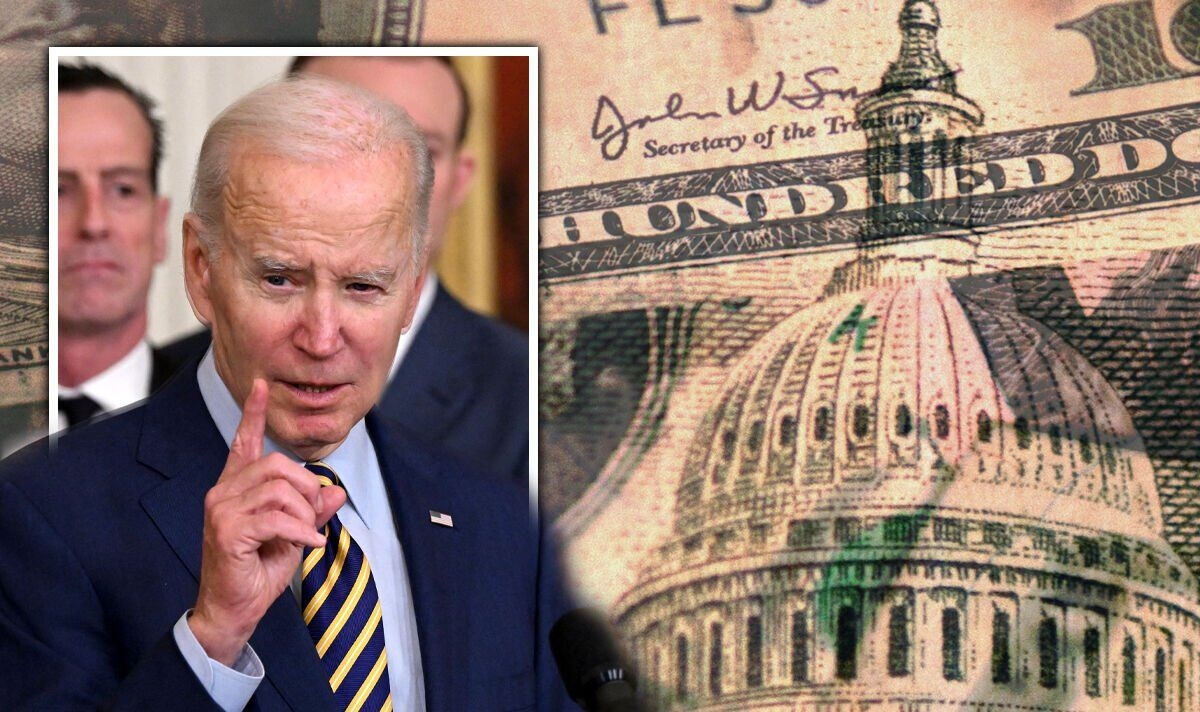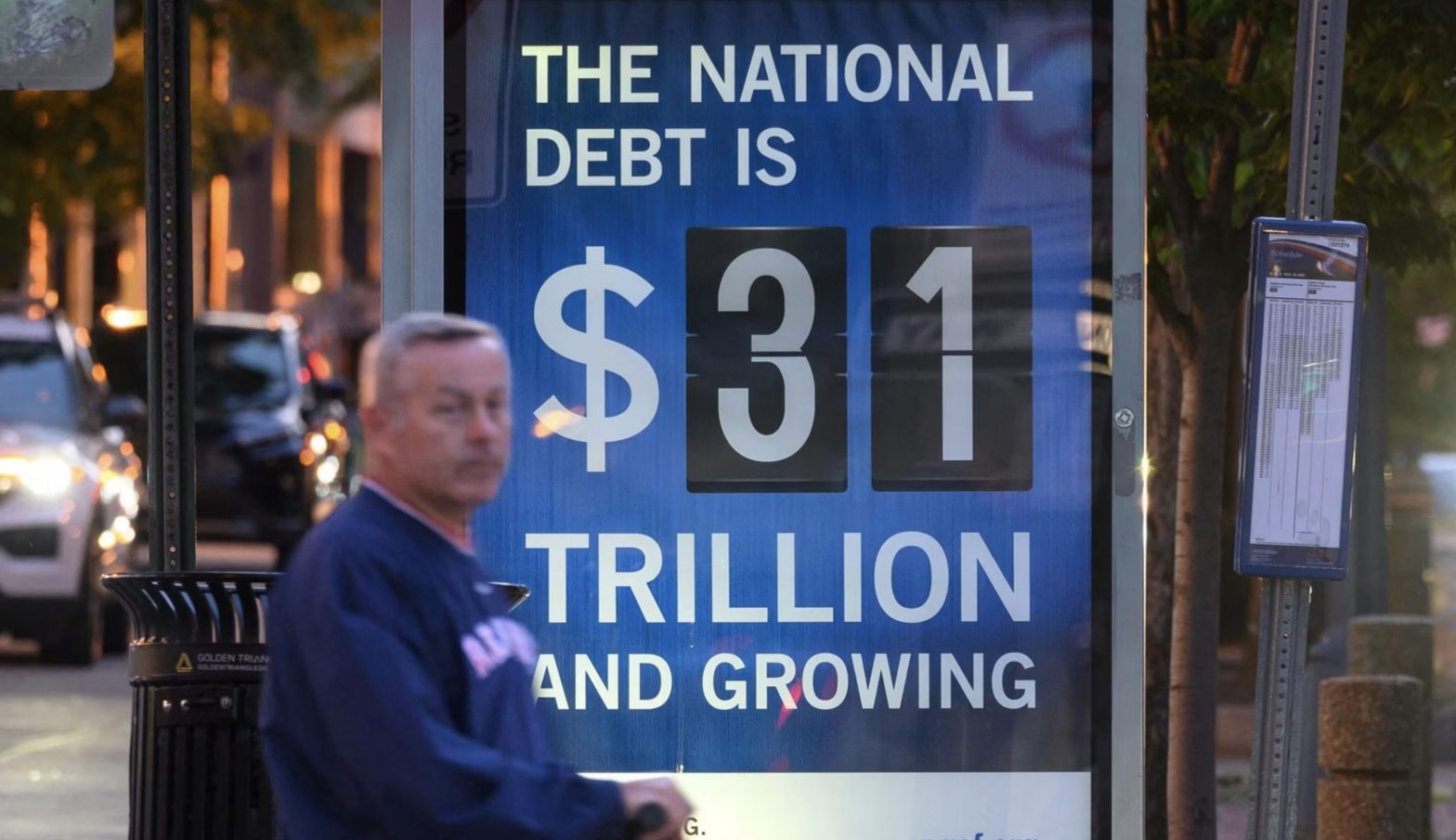A preliminary consensus has been achieved between President Joe Biden and House Republicans on a contentious issue: the raising of the debt ceiling and implementation of spending caps. This breakthrough comes after weeks of tense negotiations and signifies a major step forward, albeit with further hurdles to overcome as party leaders must rally support amongst their members for potentially divisive provisions.

Details of the deal are yet to be fully disclosed. However, based on initial information shared on Saturday and the complete bill text due for release on Sunday, we can draw some preliminary conclusions. Information gathered from a House Republicans fact sheet and a source closely involved in the negotiations provide the following insights:
- Debt Ceiling Lift: The agreement proposes a biennial increase in the debt limit.
- Restrictions on Non-Defense Expenditure: Non-defense spending is expected to remain relatively unchanged in the fiscal year 2024 and see a modest rise of 1% in the fiscal year 2025 after certain adjustments to appropriations as per the source. After 2025, appropriations targets would be established but would not be binding.
- Veterans’ Medical Care Funds: The deal assures comprehensive funding for veterans’ health care and an increase of nearly $15 billion in support for the PACT Act’s toxic exposure fund for the fiscal year 2024.
- Expanded Work Requirements: There are provisions for a temporary expansion of work requirements for certain adults receiving food stamps. Depending on the source, the age limit would be increased to 54 or 55, and these changes would expire in 2030. Exceptions for veterans, homeless individuals, and others receiving SNAP benefits are also included.
- Recovery of Unused Covid-19 Relief Funds: An objective of the deal is to reclaim unspent funds from the Covid-19 relief packages passed during the pandemic.
- Reduction in IRS Funding: The agreement suggests negating the funding request for staffing for the IRS for the fiscal year 2023. The agency argues the funds would be used to modernize customer service technology and assist taxpayers, but House Republicans assert the money could be used to audit Americans.
- Resumption of Student Loan Repayments: The deal includes the reinstatement of student loan repayments but does not specify a start date. It does, however, uphold Biden’s plan to provide up to $20,000 in debt relief for qualifying borrowers.
While the tentative agreement is undoubtedly a significant stride towards resolution, there are still major steps ahead. Party leaders now face the challenge of rallying their respective members behind the deal, bridging potential political rifts, and setting the stage for this broad agreement to transition into law.
©world-news.biz
